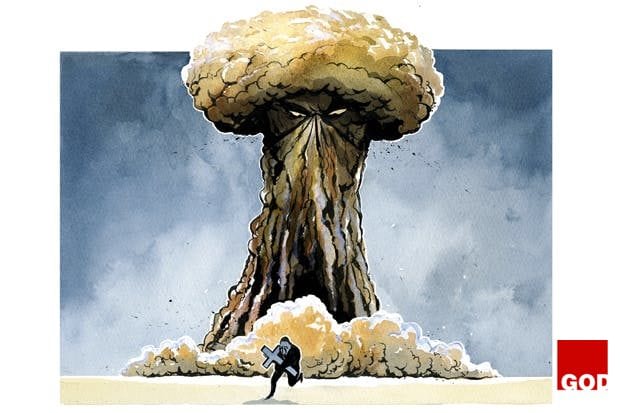From its home page, Wikipedia describes its site as “the free encyclopedia [that] anyone can edit’. On a self-described page of what it is and what it is not, Wikipedia claims that it is not censored. For content guidelines, there are only 3:
- Content must be neutral in form. It must not take sides, rather, it should explain sides fairly and without editorial bias.
- Content must not be original research. It should be attributable to an existing source or reference material.
- Content must be verifiable. It must be verifiable from a reliable, published source. The information presented must not be made up.
Reading all these causes us to believe that Wikipedia is an unbiased platform. Indeed, you may come across Wiki pages that need updating and correcting. But as a whole, the site seems to be an open resource site that makes room for all kinds of useful and relevant information, especially such that are Christian in nature or theme.
Then we come across news of a Christian page being taken down and we start to wonder how often Wikipedia removes Christian pages. More importantly, why? Is there unfairness in the upholding of standards or policies?
Let’s cite one Wikipedia page about Gunter Bechly. The original page written in German is up and online still. However, the English translation looks to have been erased. Gunter Bechly is a reputable paleontologist and entomologist. He was once an atheist and a supporter of Richard Dawkins. But, comtinued studies will open his eyes towards a strong belief in intelligent design. A complete reading on the German Wikipedia page will show you that the entry is purely biographical. There is no bias towards a certain viewpoint. The facts are verifiable and there is no original research presented. So, why isn’t an actual English page available for access?
Let’s cite three more Wikipedia pages. We can find a Wikipedia page that talks about “Lists of Atheists’. We can also find a Wikipedia page that talks about “List of Atheists in Politics and in Law’ But, check out a Wikipedia page that talks about “Christian Wikipedians’ and you’ll only read this disclosure there: “This page is being considered for deletion’.
It is true that as anyone can just edit Wikipedia, anyone can just report a page for violation. But when it comes to deciding to finally delete a page, who makes the decision? And, are the same standards applied on both Christian and non-Christian content? We won’t know for sure. We can only maintain our hopes and prayers for equal opportunity and fairness for Christianity, online.






